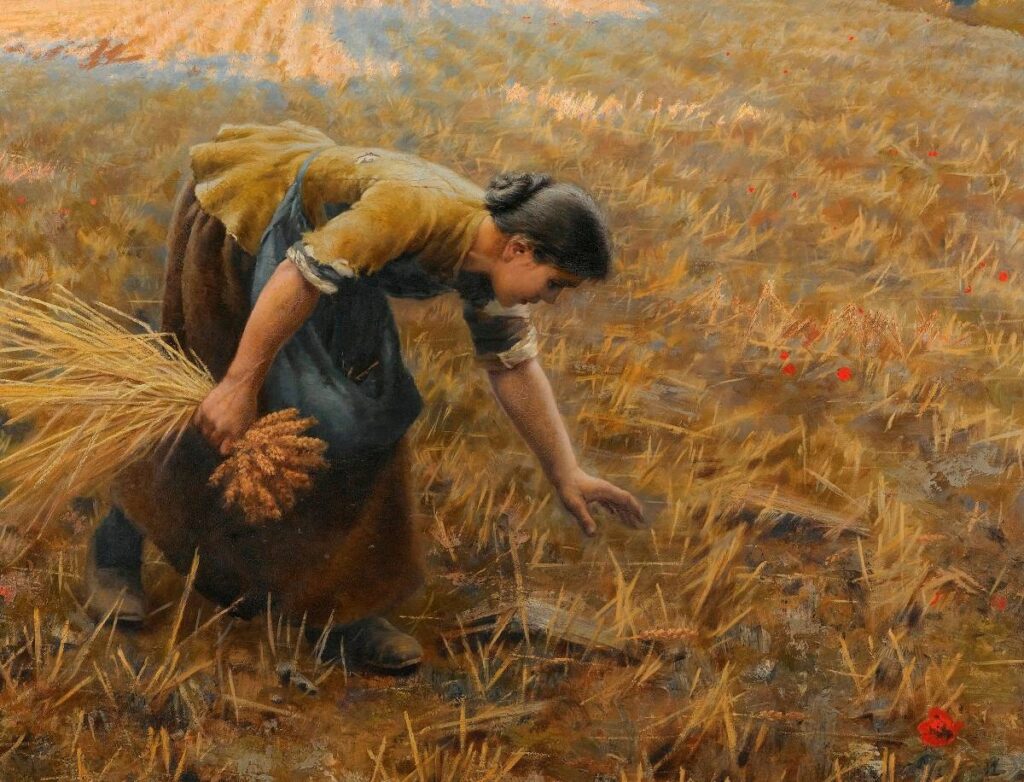Prayer Fuel
PROVISION
The law given to Moses and the children of Israel in the Sinai offers significant insights into God’s practical provision for the poor, emphasizing social justice, compassion, and communal responsibility. God is concerned that the needs of the impoverished are met and that they are integrated into the fabric of society with dignity and care.
’’There should be no poor among you’’[1]
Below is a sample of three such laws.
- A portion of the crop is to be left for the poor to harvest.

One notable provision for the poor is the concept of gleaning.[2] Every harvest God commanded the Israelites to leave portions of their grain and fruit unharvested so that the poor, widows, orphans, and foreigners can gather food for themselves. This practice not only addresses the immediate needs of the poor but also promotes self-sufficiency and dignity by enabling people to work for their sustenance. By incorporating the marginalized into the agricultural economy of ancient Israel, God ensures that they are not excluded or neglected but are instead valued members of the community.
- Lend to the Poor without charging interest.
God instructs the Israelites to provide loans to their fellow Israelites in need without expecting any form of repayment or interest.[3] This provision not only offers immediate relief to the poor but also prevents them from falling further into debt and exploitation.
- Be openhanded and generous to the poor.[4]
By encouraging acts of generosity and compassion, Yahweh fosters a culture of mutual support and solidarity within the community, ensuring that no one is left behind or marginalized due to financial hardship.
Through laws such as gleaning, generosity, and interest-free lending, the Lord ensures that the needs of those who have fallen on hard times are met. These laws provide the poor with meaningful productive work that enables them to be integrated into the community with dignity and care. Such provisions serve as timeless principles for addressing poverty and inequality, challenging individuals, and community leaders, to make God’s compassion practical in their policies, attitudes, and interactions with the marginalized and vulnerable.
Reflection
Poverty is sadly growing in Egypt. Many are not able to make ends meet and are feeling hopeless. The main causes of poverty are lack of employment, inadequate education, and government corruption.
How might those who are well off leave gleanings for the vulnerable to harvest?
Prayer
Thank the LORD for his provision within his law to provide for every man, woman, child and creature on earth.
Please pray with compassion for the 30% of young people in Egypt who are this moment without employment.
Please pray for people at the government level to have the heart, vision, and ability to provide opportunities for normal Egyptians to sustain themselves, especially the poor and marginalised.
Please pray for the government to streamline bureaucracy and make policies that aid business and meaningful employment.
Pray for willing, able, and wise entrepreneurs to create exciting new businesses that can employ and train people in the Sinai to generate wealth.
Please pray for rich people, corporations, and governments to use surplus profits wisely to invest in such people and businesses.
Please pray for educators in Egypt to develop the vision and ability to pay, train and manage teachers well and provide quality education in schools.
[1] Deuteronomy 15:4.
[2] Leviticus 23:22.
[3] Exodus 22:25-27.
[4] Deuteronomy 15:7-11.
